Brief Biography of International Organizing Committees
Biography
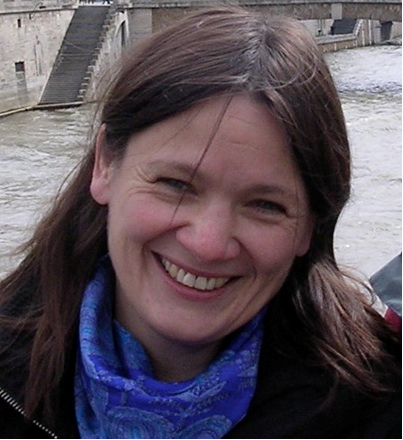 |
Carmen Buchrieser Biologie des Bactéries Intracellulaires, Institut Pasteur, Paris, France |
| Carmen Buchrieser is currently Professor at the Institut Pasteur, Paris, France. She obtained her PhD from the University Salzburg, Austria, conducted postdoctoral trainings at the University of Madison, Wisconsin, USA and at the Institut Pasteur, Paris France. In 2006 she was appointed Associate Professor at the Institut Pasteur where she is heading a research group studying bacterial pathogenesis by using Legionella as a model. Her major research interest is to understand how bacteria cause disease: what are the genetic factors conferring bacterial virulence, how do they evolve, what are the mechanisms by which they allow subverting host functions and more generally how do human pathogens emerge. | |
 |
Craig R. Roy Waldemar Von Zedtwitz Professor of Microbial Pathogenesis and of Immunobiology Yale University School of Medicine New Haven, CT USA |
| Craig Roy received his B.S. from Michigan State University in 1985 and earned his Ph.D. in Microbiology and Immunology at Stanford University in 1991 in the laboratory of Dr. Stanley Falkow. After completing a postdoctoral fellowship with Dr. Ralph Isberg in the Department of Molecular Microbiology at Tufts University School of Medicine in 1996, he was appointed as an Assistant Professor in the Department of Molecular Genetics and Microbiology at Stony Brook University. Dr. Roy became a founding member of the Department of Microbial Pathogenesis at Yale University in 1998. Research in the Roy laboratory focuses on the host-pathogen interface. Using multi-disciplinary approaches his laboratory has discovered many novel mechanisms that enable Legionella pneumophila to modulate host membrane transport pathways, which allow these pathogens to evade cell autonomous defenses and create novel organelles that permit bacterial replication. | |
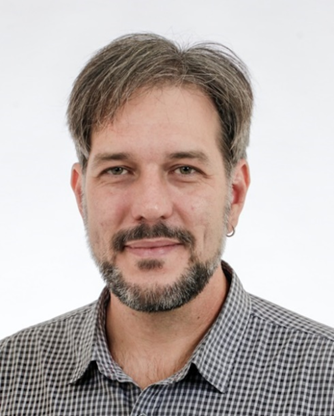 |
Dario S. Zamboni Department of Cell Biology and Microbial Pathogenesis, Ribeirão Preto Medical School, University of São Paulo, São Paulo, Brazil |
| Dr. Dario Zamboni is a full professor and head of the Innate Immunity and Microbial Pathogenesis Laboratory at Ribeirao Preto Medical School, University of Sao Paulo, Brazil (FMRP/USP). In 2003 he obtained his PhD in Microbiology, Immunology and Parasitology at the Federal University of São Paulo, Brazil. From 2003 to 2006 he was a postdoctoral fellow at Yale University School of Medicine, funded by a fellowship from the PEW Program in the Biomedical Sciences, where he investigated the innate immune recognition of Legionella pneumophila by pattern recognition receptors. In 2006, he was appointed Professor of Microbiology at the Department of Cell Biology of FMRP/USP. In 2011 he became an Associate Professor and in 2019 a Full Professor at FMRP/USP. He was elected member of the Academy of Sciences of Latin America (ACAL), affiliate member of the Brazilian Academy of Sciences (ABC) and affiliate member of the World Academy of Sciences for the advance of science in developing countries (TWAS). Dr. Zamboni is currently a CNPq 1B Research Fellow and works in Microbiology and Immunology, focusing on innate immunity, microbial pathogenesis and in the interaction of host cells with intracellular pathogens. | |
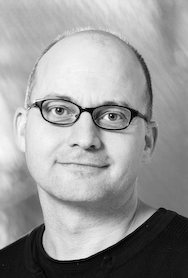 |
Hubert Hilbi University of Zürich, Zürich, Switzerland |
| Hubert Hilbi is an associate professor at the University of Zürich, Institute of Medical Microbiology. He earned a PhD in Microbiology from the ETH Zürich in 1994 and did postdoctoral studies at the New York University Medical Center and the Columbia University in New York, followed by appointments as an assistant and associate professor at the ETH Zürich (2002-2009) and the Ludwig Maximilian University in Munich (2010-2015), respectively. The main research interests of Hubert Hilbi are communication and virulence of Legionella spp., i.e., the molecular and cellular analysis of cell-cell-signaling by quorum sensing and the role of secreted bacterial effectors and their host targets implicated in Legionella-host cell interactions. | |
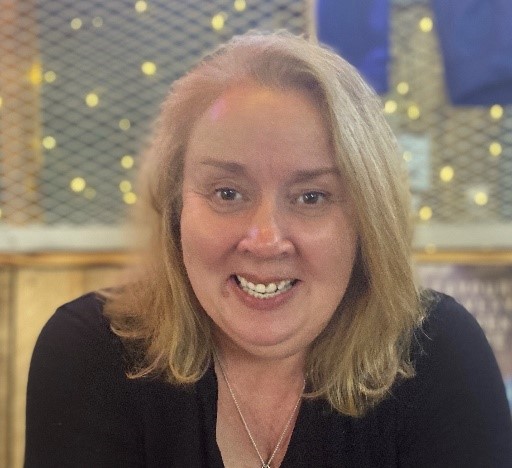 |
Diane S J Lindsay Scottish Microbiology Reference Laboratories, Glasgow Royal Infirmary, Glasgow, UK |
| I have over 30 years’ worth of experience of working on Legionella including the microbiological and molecular diagnosis of L. pneumophila and in particularly the clinical significance of non-pneumophila Legionella species including L. longbeachae. I work closely with public health colleagues, epidemiologists and water laboratries and have been involved in many outbreak investigations most notably the Edinburgh outbreak in 2012 where WGS determined that there were multiple clades involved in this point source outbreak. I was a EWGLI collaborator until they became the European study group on Legionella Infections (ESGLI). I have published widely in the field on a range of subjects in collaboration with ESGLI and academic colleagues. I have been a member of the ELDSnet executive committee and I am currently secretary of the ESGLI executive committee. I also have other areas of research interest including vaccine preventable bacterial diseases namely meningococci, pneumococci, H. influenzae, B pertussis and Group A and B Streptococci. |
|
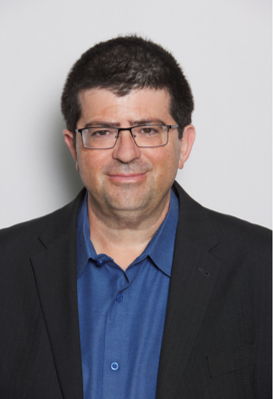 |
Jacob Moran-Gilad Ben Gurion University of the Negev, Beer Sheva, Israel |
| Jacob Moran-Gilad is a Physician board-certified in Clinical Microbiology and in Public Health and Principal Investigator of the Microbiology, Advanced Genomics and Infection Control Applications Laboratory (MAGICAL group - HTTP://morangiladlab.com) at the Ben Gurion University of the Negev, Beer Sheva, Israel. He is the Director of Clinical Microbiology at the Hadassah Medical Center, Jerusalem and Consultant Microbiologist at Soroka University Medical Center, Israel. His research interests include harnessing new diagnostic technologies such as genomics and metagenomics to inform patient management and public health policy. Prof. Moran-Gilad led the development of the genomic typing scheme for Legionella and made several important contributions to this field as a member of ESGLI. He is the Chair of the National Advisory Committee for Microbiology and Member of the Epidemic Management Team, Ministry of Health, Israel, former Chairperson of the ESCMID Study Group for Genomic and Molecular Diagnostics (ESGMD), Associate Editor at Euro surveillance and the Programme Director for the European Congress on Clinical Microbiology and Infectious Diseases (ECCMID), the world's premiere conference in the field of infection. | |
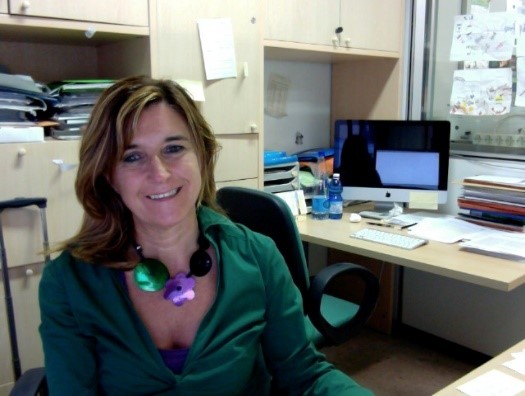 |
Maria Luisa Ricci Department of Infectious Diseases, Istituto Superiore di Sanità, Rome, Italy |
| Maria Luisa Ricci is a senior researcher at the National Health Institute, Rome, Italy, and director of the National Reference Laboratory for Legionella. She has been appointed by the Ministry of Health as an expert for the diagnosis, surveillance and control of Legionella in Italy and she is Italian focal point for Legionella at the European Legionnaires’ Disease Surveillance Network at ECDC. She is a member of the Disease Network Coordination Committee of the European Legionnaires’ disease Surveillance Network (ELDSNet) and member of the Executive Committee of the ESCMID Study Group for Legionella Infections (ESGLI). She has been mainly working on Legionella in the areas of diagnosis, typing and outbreaks investigation. She was principal investigator of a MOH project for detection of Legionella by molecular methods, and projects at regional level to evaluate disinfection treatments against Legionella. She is co-author of Italian and European guidelines for Legionella and several papers on Legionnaires' disease. She won the ESGLI prize for the best research proposal on microbiome analysis of drinking water systems. | |
 |
Nicholas Ashbolt Executive Dean, Faculty of Science & Engineering, Southern Cross University, Australia |
| Nicholas Ashbolt is Executive Dean, Faculty of Science and Engineering at Southern Cross University in Australia. His research focuses on the interactions of Legionella and other saprozoic pathogens within biofilms/amoebae in engineered water systems, utilising quantitative microbial risk assessment (QMRA) modelling to explore mitigation strategies. | |
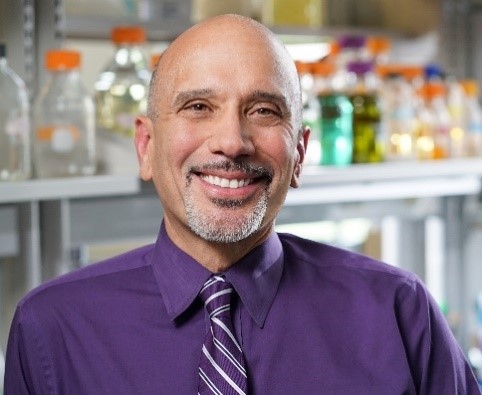 |
Nicholas Cianciotto Department of Microbiology and Immunolog, Northwestern University School of Medicine, Illinois, USA |
| Nicholas Cianciotto is a Full Professor in the Department of Microbiology-Immunology at Northwestern University Medical School in Chicago, IL, USA. He has studied Legionella since 1986. Research topics have included the Mip virulence factor, iron acquisition mechanisms including siderophores, type II protein secretion and secreted exoenzymes, sliding motility and surfactant, intracellular infection of amoebae and macrophages, non-canonical roles of CRISPR-Cas2 in infection, and innate immune responses of infected macrophages. | |
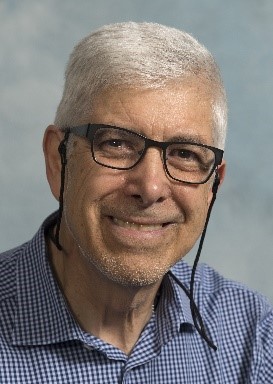 |
Paul H. Edelstein Emeritus Professor of Pathology and Laboratory Medicine, Perelman School of Medicine, University of Pennsylvania, Philadelphia, USA |
| Paul Edelstein is an Emeritus Professor of Pathology and Laboratory Medicine at the Perelman School of Medicine, University of Pennsylvania, and a Honorary Senior Research Fellow of the University of Cambridge Department of Medicine. He obtained a MD degree from the University of California, Los Angeles, with subsequent training, certification and practice in internal medicine, infectious diseases and clinical microbiology. He studied several different aspects of Legionnaires’ disease including clinical aspects, environmental and laboratory diagnostics, experimental chemotherapy and molecular pathogenesis. | |
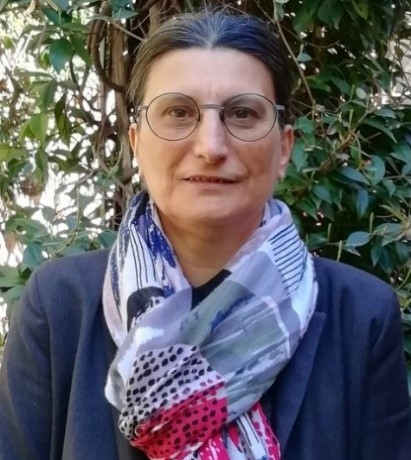 |
Sophie Jarraud French National Reference Centre for Legionella Legionella pathogenesis team, Centre International de Recherche en Infectiologie (CIRI) University of Lyon – Hospices Civils de Lyon, France |
| Sophie Jarraud (PhD) is Professor in clinical microbiology at the University of Medicine and Hospital Practitioner at the Institute for Infectious Agents in Lyon. She is head of the French National Reference Centre (NRC) for Legionella and is an executive committee member of the ESCMID Study Group for Legionella Infections (ESGLI) (treasurer 2015 - 2020, chairperson since 2020). She is nominated as “contact point - laboratory expert” for the Legionnaires’ disease in European level for the European Legionnaires’ Disease Surveillance Network (ELDSNet - ECDC). She is co-head of the “Legionella pathogenesis” team at the International Centre for Infectiology Research in Lyon. Her research focuses on bacterial, human and environmental factors that impact on acquisition and severity of legionellosis. | |
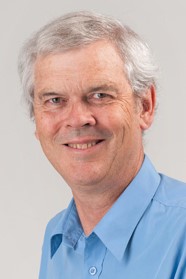 |
Stephen Chambers Microbiology and Infectious diseases in the Department of Pathology and Biomedical Science, Faculty of Health Science, University of Otago, Christchurch |
| Stephen Chambers is a full professor in of Microbiology and Infectious diseases in the Department of Pathology and Biomedical Science, Faculty of Health Science, University of Otago, Christchurch. His focus is on the clinical presentation, diagnosis, management and prevention of community acquired pneumonia. He has a particular interest in Legionella longbeachae and other non-pneumophila species. | |
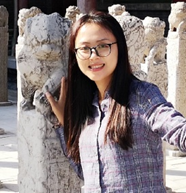 |
Tian Qin State Key Laboratory for Infectious Disease Prevention and Control, National Institute for Communicable Disease Control and Prevention, Chinese Center for Disease Control and Prevention, Beijing, China. |
| Director of the Office of State Key Laboratory, Division of Infectious Disease Control and Prevention, Chinese Center for Disease Control and Prevention. Director of the Ecological Medicine Research Center. Studied at Kyushu University, Japan, from 2005 to 2010 and completed doctoral and postdoctoral courses; engaged in research into pathogenic mechanisms of respiratory infectious diseases such as Legionnaires' disease and on-site detection technology. Since joining the Chinese Center for Disease Control and Prevention in 2010, mainly engaged in basic and applied research in microbiology and molecular biology of respiratory pathogens, especially Legionella, including genomic analysis, molecular evolution, pathogenic and environmental survival mechanisms, molecular typing, and development of diagnostic reagents. |
|
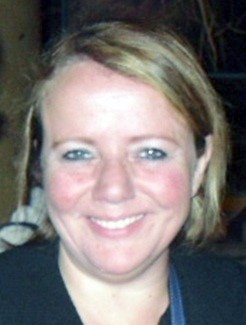 |
Valeria Gaia National Reference Center for Legionella, Service of Microbiology, Bellinzona, Switzerland |
| Valeria Gaia has worked for over 30 years as a microbiologist on the taxonomy, physiology and epidemiology of Legionella and has headed the Swiss National Reference Centre for Legionella in Bellinzona since its creation in 1997. The activity of the Centre as reference laboratory includes, among others, confirmation of diagnostic tests, microbiological analysis of environmental samples and genetic and serological typing of Legionella strains. In recent years, her research work has focused mainly on the development of typing techniques (AFLP and SBT) and new methods of Legionella identification and detection (MALDI-TOF, co-culture, Loop-mediated amplification LAMP). In collaboration with the national health authorities she also investigated the influence of meteorological factors on the occurrence of Legionnaires ’ disease cases and she has contributed to the risk assessment of alternative sources of legionellosis, such as potting soils, composting facilities, and rainwater drains. She was member of ESGLI executing committee from 2012 to 2020. | |
 |
Yousef Abu Kwaik Department of Microbiology and Immunology, College of Medicine, University of Louisville, Kentucky, USA |
| Yousef Abu Kwaik is the Bumgardner endowed professor of Molecular Bacterial Pathogenesis at the University of Louisville College of Medicine. He completed his Ph. D. at the State University of New York at Buffalo and his postdoctoral training at the University of Michigan College of Medicine. His research is focused on the molecular and cellular interaction of Legionella with amoeba hosts and with human macrophages and neutrophils. | |
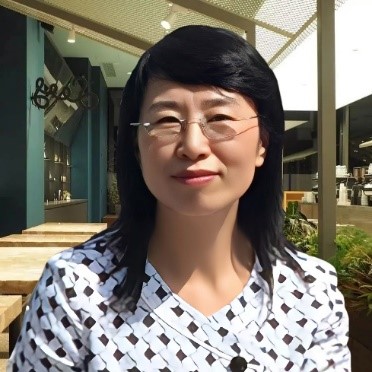 |
Yu Chen Department of Pulmonary and Critical Care Medicine, Shengjing Hospital of China Medical University, Shenyang, China |
| Yu Chen is a professor of Department of Pulmonary and Critical Care Medicine, Shengjing Hospital of China Medical University, where she received PhD and MD degrees in respiratory medicine. She studied Legionella infection at Department of Microbiology and Infectious Diseases of Toho University School of Medicine from 2008 to 2009. Her research focuses on the clinical characteristics, diagnosis and treatment of Legionella pneumonia. She is also interested in the intestinal bacterial translocation during Legionella infection. | |
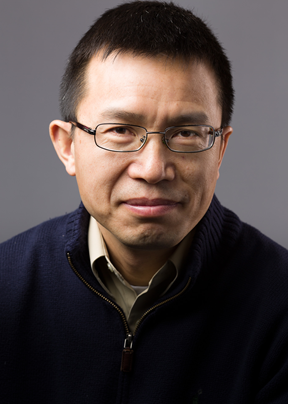 |
Zhao-Qing Luo Department of Biological Sciences, Purdue University, Indiana, USA |
| Zhao-Qing Luo is a professor at the Department of Biological Sciences, Purdue University. He obtained his Ph.D. degree from the University of Illinois at Urbana-Champaign. After postdoctoral training with Dr. Ralph Isberg at Tuft University School of Medicine, he started his independent group at Purdue in 2004. His research interest is mechanism of bacterial exploitation of host function using Legionella and Coxiella as models, with a focus on biochemical and cell biological analysis of effector proteins. | |
